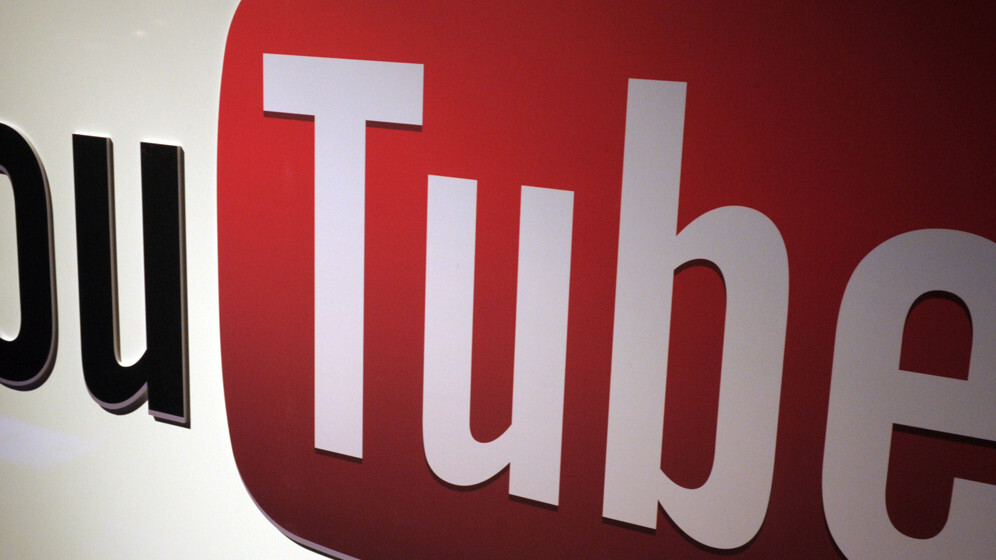
Google on Wednesday announced it has expanded Google Trends to encompass data from YouTube, going all the way back to 2008. This means you can now not only see results from Google searches (broken down by either Web, Image, News, or Product) but also from YouTube searches.
For those who don’t know, Google Trends lets you search to find and explore traffic patterns over time and geography. The addition of YouTube means you can examine trends of popular videos (yes, even memes) on the Internet.
For example, here’s the trend of “Harlem Shake” so far this year from Web searches on Google:
Here’s the same query limited to YouTube’s search function (in the left-hand panel under “Limit to,” choose “YouTube”):
There’s not much of a difference because many people were of course Googling to find out what “Harlem Shake” is and how the whole YouTube craze started. If you’ve been following the goat scream craze, here’s a better comparison for you:
Google acquired YouTube for $1.65 billion in 2006, so it’s not clear why the data is limited to 2008. We would guess, however, that the company probably started tracking search queries to improve the results five years ago, and hence the seemingly arbitrary limit.
While YouTube hasn’t been a particularly profitable acquisition for Google, it has definitely been a very smart one. There may be other video sharing websites out there (such as Vimeo), but YouTube is still by far the most popular, much like Google dominates search.
This is why the inclusion of YouTube in Google Trends is such a big addition. Although the service doesn’t give you a complete picture of what is popular and what isn’t on the Internet, since it is limited to just Google, it’s still a very big (and thus fairly accurate) snapshot. Thanks to its size, the same can also be said for YouTube.
See also – Google launches leaderboard to highlight the ads that YouTube users actually stayed around to watch and YouTube’s redesigned ‘One Channel’ layout is now available for all users
Top Image Credit: Eric Piermont/Getty Images
Get the TNW newsletter
Get the most important tech news in your inbox each week.







